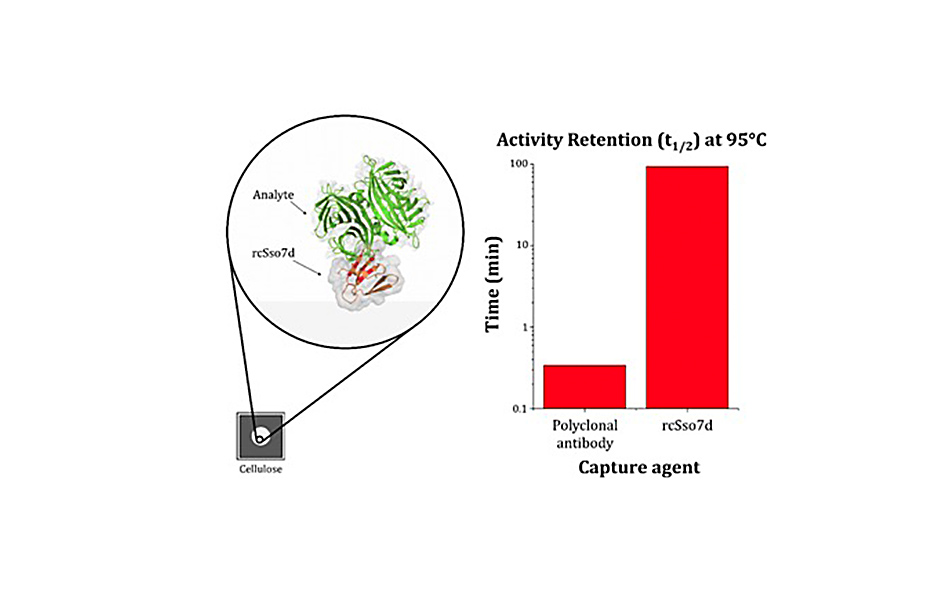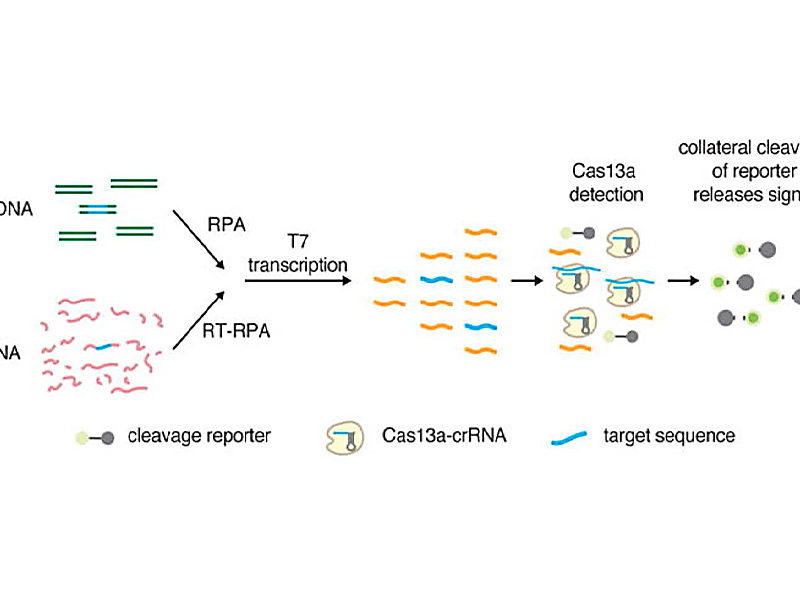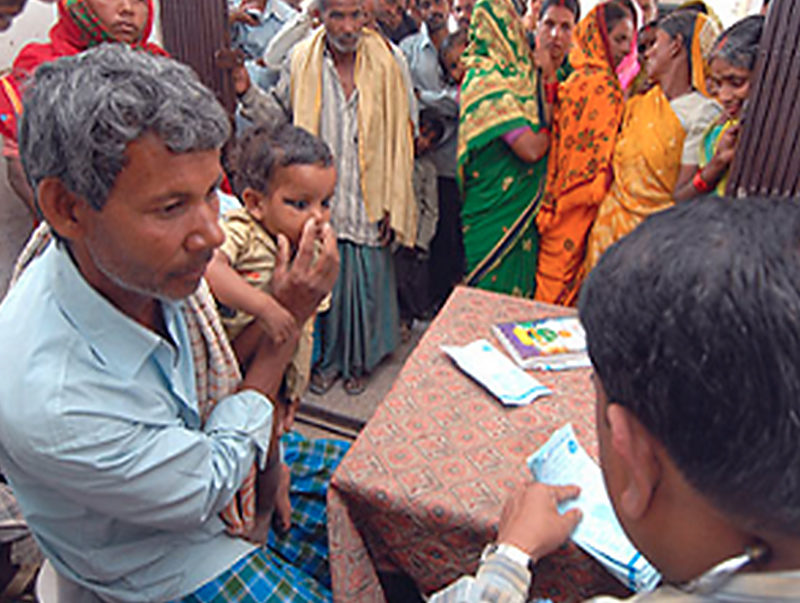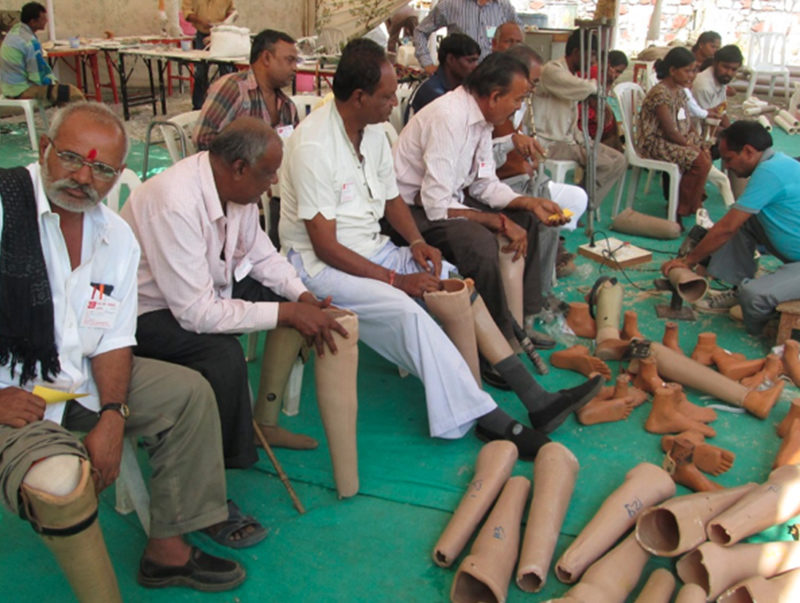
- Engineered, thermostable binding proteins enable the use of diagnostic tests in settings with limited infrastructure
- Detection of urine-based TB biomarkers enables case-finding in patients ill-served by traditional, sputum-based diagnostic approaches
Tuberculosis is a top global health concern that particularly burdens resource-limited areas. The tools that are currently available for diagnosing this disease are not compatible with income and resource constraints, due to high costs and training requirements, long sample-to-result time, and reliance on cold-chain storage. Our work focuses on developing paper-based, point-of-care devices that feature enhanced thermal stability, automation, and sensitivity, and which reduce the cost of DNA and protein biomarker detection assays for tuberculosis.
Mass spectrometry has recently been used to validate a panel of urine-based protein biomarkers for the diagnosis of pediatric patients. One part of this proposed project is focused on the integration of engineered non-antibody binding proteins into robust, rapid, and affordable diagnostic assays, to enable the sensitive detection of these biomarkers without the need for sophisticated laboratory equipment. Engineered, thermostable binding proteins enable the use of diagnostic tests in settings with limited cold-chain storage and other infrastructure, while detection of urine-based TB biomarkers enables case-finding in patients ill-served by traditional, sputum-based diagnostic approaches
The second part of this project focuses on developing ultra-low-cost DNA detection assays for diagnosing early-stage and drug-resistant tuberculosis. Nucleic acid diagnostic technologies such as the GeneXpert MTB/RIF® assay are highly sensitive, rapid methods of detecting tuberculosis infection, but these approaches currently require high-tech equipment and trained users. Paper-based, isothermal amplification of tuberculosis DNA has been demonstrated in a laboratory setting as a means of reducing the cost of tuberculosis DNA assays while maintaining high sensitivity and point-of-care characteristics. We propose to translate paper-based tuberculosis DNA amplification and detection into a thermostable, user-friendly assay platform with a colorimetric readout. Using photopolymerization signal amplification for colorimetric detection of target DNA could greatly reduce cost and simplicity without compromising diagnostic accuracy.











